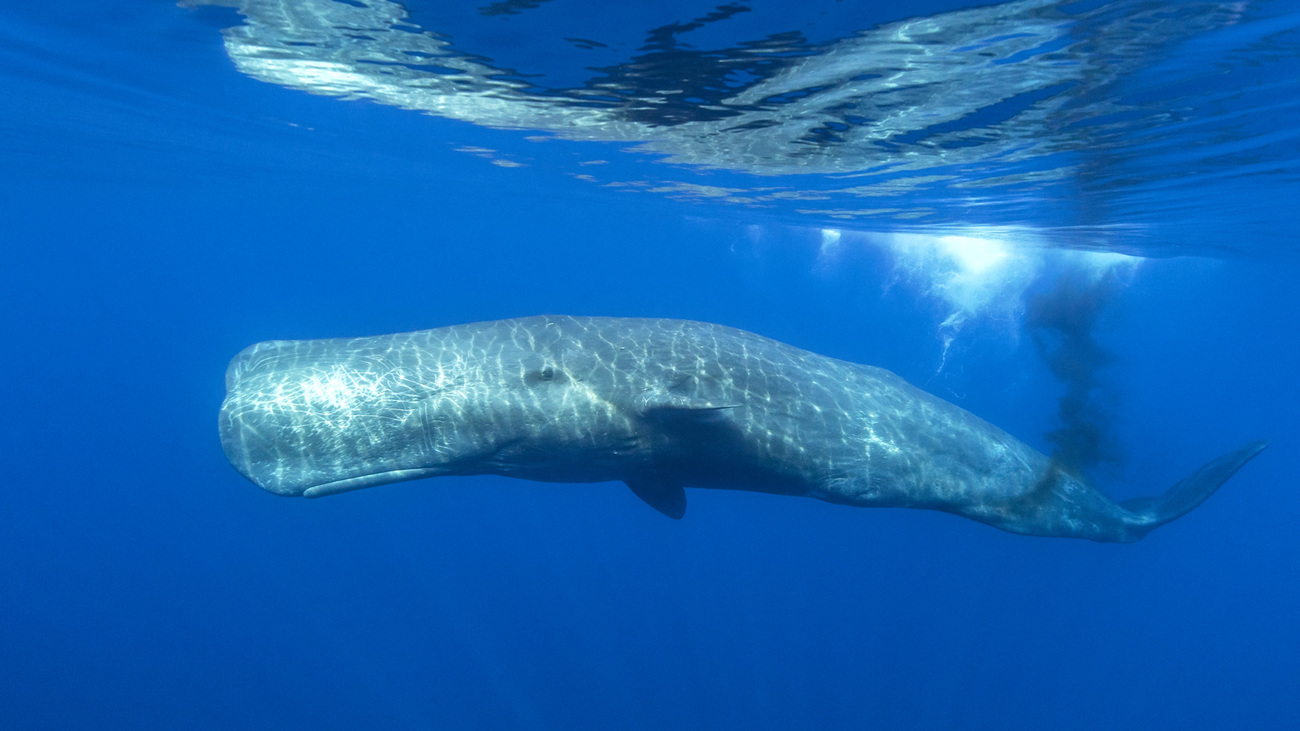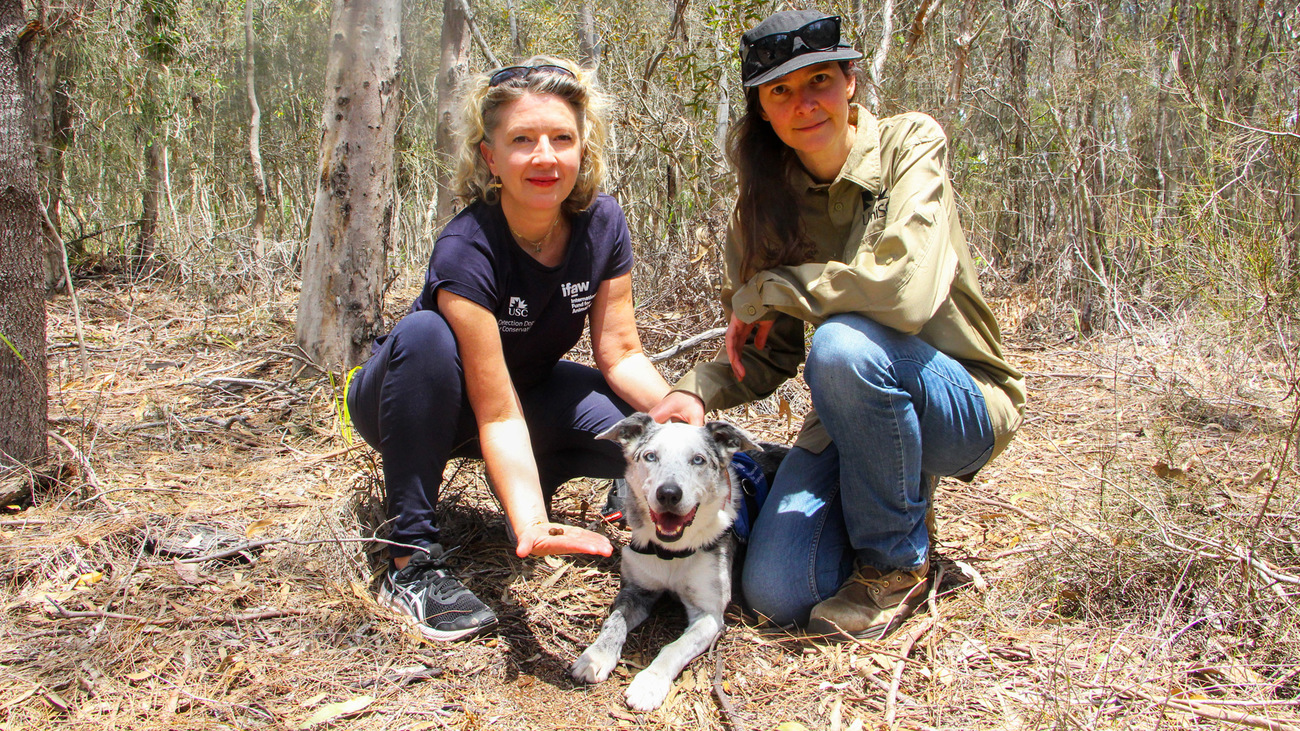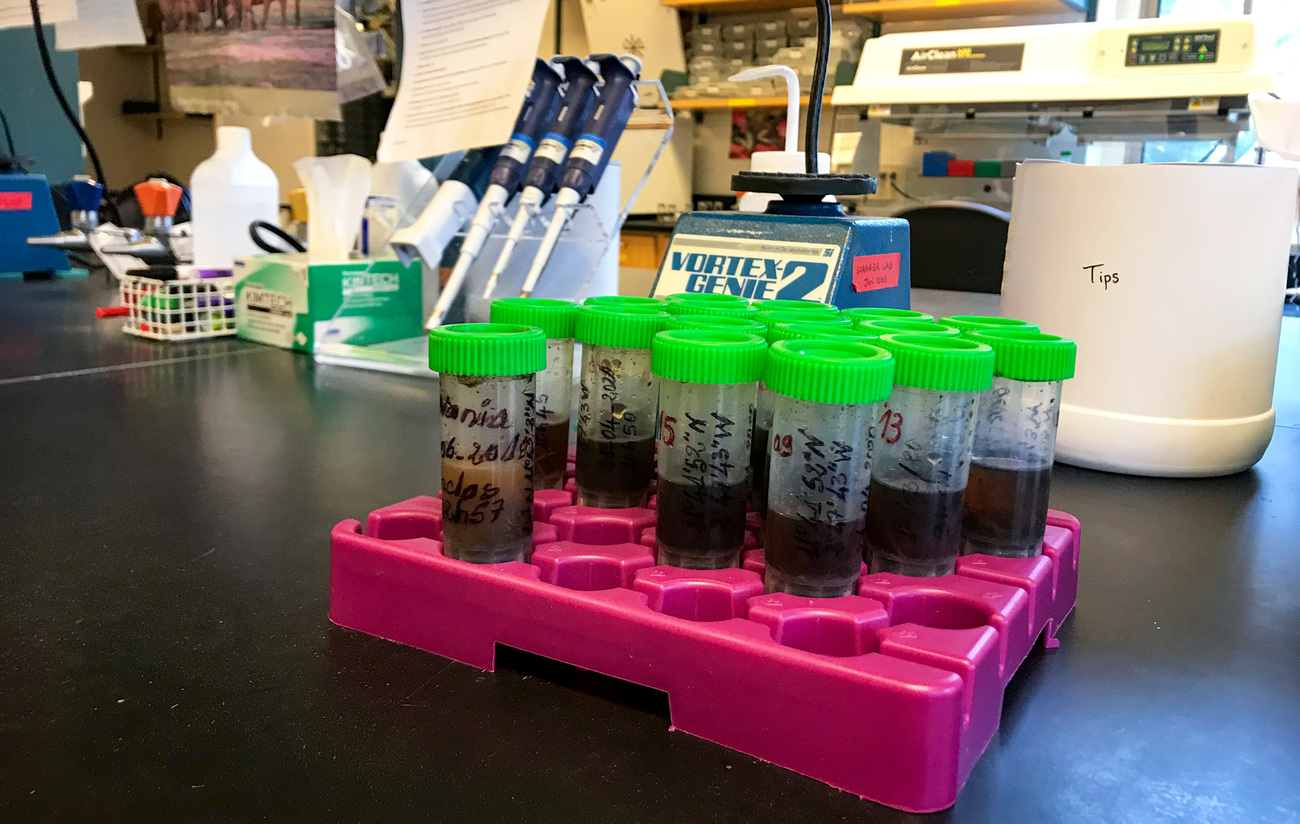Updates
Relief and recovery for animals and people in Myanmar
Read moreHow poo can protect animals and the planet
It’s fair to assume that most of us don’t think too hard about poo. While it’s easy to dismiss poo as an off-putting fact of life, from a scientific perspective, excrement is actually fascinating.
Humans have tapped into the beneficial properties of dung for millennia. Historians believe the concept of fertiliser—or using poo in the cultivation of crops—dates back over 8,000 years.

But even without human intervention, poo plays a vital role in the maintenance of healthy ecosystems. Let’s take a closer look at how poo can protect animals, humans, and the planet as a whole.
Let’s start at a microscopic level.
Naked to the human eye, phytoplankton are tiny organisms floating in the ocean that harness the sun’s energy through photosynthesis and convert carbon dioxide into oxygen. About two-thirds of the planet’s total atmospheric oxygen is produced by phytoplankton in the ocean. Phytoplankton also act as a natural carbon sink, absorbing vast amounts of carbon dioxide from the atmosphere.
Without phytoplankton, there would be a serious reduction in the amount of oxygen in our atmosphere, leading to the mass extinction of many plant and animal species. It also forms the foundation of the marine food chain, providing sustenance for zooplankton, small fish, and ultimately larger marine species.
Phytoplankton is a key player in the fight against climate change. So where does poo come into this? Let’s turn our attention to whales.
These marine mammals are known as oceanic engineers due to their ability to transport nutrients across vast distances. As the world’s largest animals, whales eat tonnes of fish and krill, and the nutrients present in these prey, such as nitrogen and iron, are then processed by the whales’ bodies.
Here’s where it gets interesting—when whales release their nutrient-rich poo near the ocean’s surface, those nutrients act as a natural fertiliser for phytoplankton, promoting their growth and enhancing their ability to sequester carbon dioxide from the atmosphere. This, in turn, contributes to the overall health of the oceanic ecosystem.
The enhanced productivity of phytoplankton not only benefits marine life but also mitigates the impacts of climate change by sequestering more carbon.
Sharks are another vital member of healthy marine ecosystems. In fact, they’re needed to maintain healthy oceans through—you guessed it—their poo.
As apex predators, sharks hold a unique position in the marine food chain. Their appetite for various prey, including fish and marine mammals, leads to a cascade effect that significantly influences the distribution of nutrients throughout the ocean.
Unlike mammals, sharks lack a swim bladder, which means they must constantly swim to avoid sinking. This perpetual motion has a secondary benefit: As sharks swim, they release waste continuously, dispersing nutrient-rich faeces across vast expanses of the ocean.
The excretion of waste by sharks introduces essential nutrients, such as nitrogen and phosphorus, into the water. Typically, shallow water lacks the nutrients that plant and animal life require to thrive. Sharks dive deep, feed on prey, and then swim into shallower waters, where they release droppings that are full of these key nutrients.
Without sharks to transport nitrogen, the biodiversity in coral reef ecosystems would struggle. The increased productivity of these primary producers supports the entire marine food web, benefiting all animals from small fish to larger marine mammals.
Let’s move out of the oceans and onto the land. We’ve already touched on the ways that humans use poo to fertilise plants and crops—but where did we learn about this concept? The same thing happens naturally in the wild. When animals leave their excrement in the wild, whether they’re in rainforests or savannahs, it supports biodiversity within the ecosystem.
Elephants are a perfect example of this. As huge animals, you can expect that their poo is quite large. Their massive appetites, combined with a digestive system that only breaks down a portion of the consumed vegetation, result in the production of large quantities of nutrient-rich dung, which is a cornerstone for biodiversity within their habitats.
Elephant faeces are a potent source of essential nutrients, including nitrogen and phosphorus, which are vital for plant growth. When elephants defecate, they disperse these nutrients across the landscape. This serves as a natural fertilisation process, enriching the soil and creating hotspots of nutrients near the dung.
The poo also helps to disperse plant matter, stimulating growth across vast areas. Seeds from consumed fruits and plants are embedded in the dung and, when deposited across the landscape, find themselves in an ideal environment for germination.
Faeces are also home to an array of microorganisms, including bacteria and fungi, which aid in the decomposition of organic matter. This, in turn, is essential for nutrient cycling, returning vital elements to the soil and creating a dynamic environment that supports a broad spectrum of microbial life.
In addition to its direct benefits on living organisms, poo can also help scientific research. Like a calling card or a trail of breadcrumbs, animal droppings are an easy and effective way for scientists to monitor and track the health of otherwise difficult-to-find animals.
Animal poo can be a treasure trove of information for scientists and conservationists. Scat contains valuable insights into an animal's diet, health, genetics, and overall well-being. Analysing these droppings has become an efficient and non-invasive method for researchers to gather critical data without direct interaction with the animals, especially those that are elusive or endangered.
As an example, let’s look at koalas, which face a number of threats to their survival. Koalas are notoriously difficult to spot in the wild, making traditional monitoring methods challenging. However, their scat provides a valuable trail to follow for conservationists striving to understand and protect these marsupials.

In 2022, IFAW employed detection dogs in Australia to track koala scat and learn more about how koalas were recovering from deadly bushfires which had ripped through their habitat. The poo was then analysed to understand the animals’ hormone levels, gut microbiome, and pathogen prevalence to determine how resilient koalas are after natural disasters.
Being able to monitor wildlife in a non-invasive way is an important asset for conservation. Traditional methods, such as direct observation or capture, can be stressful for animals and may not accurately represent their behaviour in their natural habitats.
In 2023, we again used koala scat to successfully monitor the animals’ presence after constructing a ‘koala corridor’ that connected existing patches of their habitat, giving the animals a safe passage. By detecting koala poo among the trees just two years after they were planted, conservationists could gage that their efforts were working, giving them hope for the survival of the species.
It’s not just koala droppings that can bring good news for conservation.
Nania is a rescued elephant from Burkina Faso who was separated from her herd in 2018. Conservationists feared the worst—that her family fell victim to poachers and that Nania was alone. However, thanks to DNA analysis of dung samples performed in 2021, scientists found evidence that suggests that Nania’s mother is still alive and living close to the Deux Balés National Park, where Nania lives under the supervision of keepers.

Once Nania gets more accustomed to living and surviving in the wild, she will hopefully be able to be reunited with her biological family—all thanks to poo.
The humble poo is more important than we think. You may not expect it, but animal excrement is an unsung hero in the world of conservation. From providing essential nutrients for the survival of ecosystems to invaluable data about endangered species like koalas, poo plays a vital role in protecting animals and the planet.
Our work can’t get done without you. Please give what you can to help animals thrive.
Unfortunately, the browser you use is outdated and does not allow you to display the site correctly. Please install any of the modern browsers, for example:
Google Chrome Firefox Safari